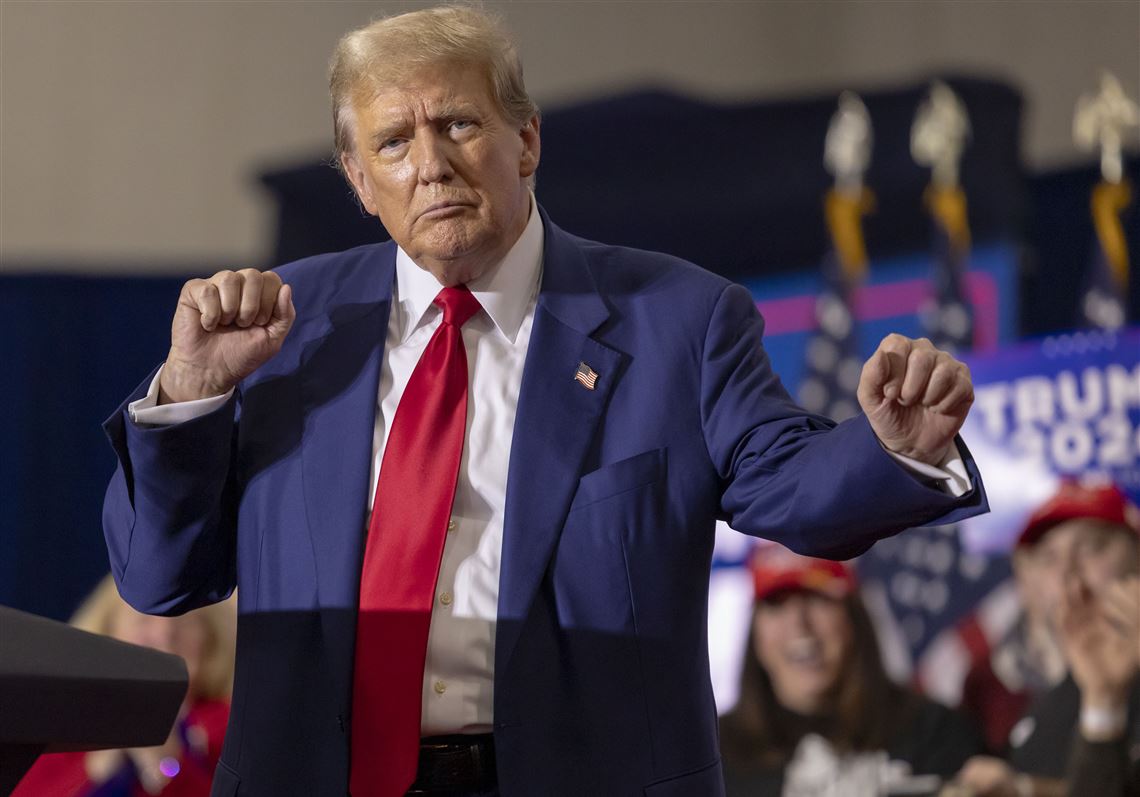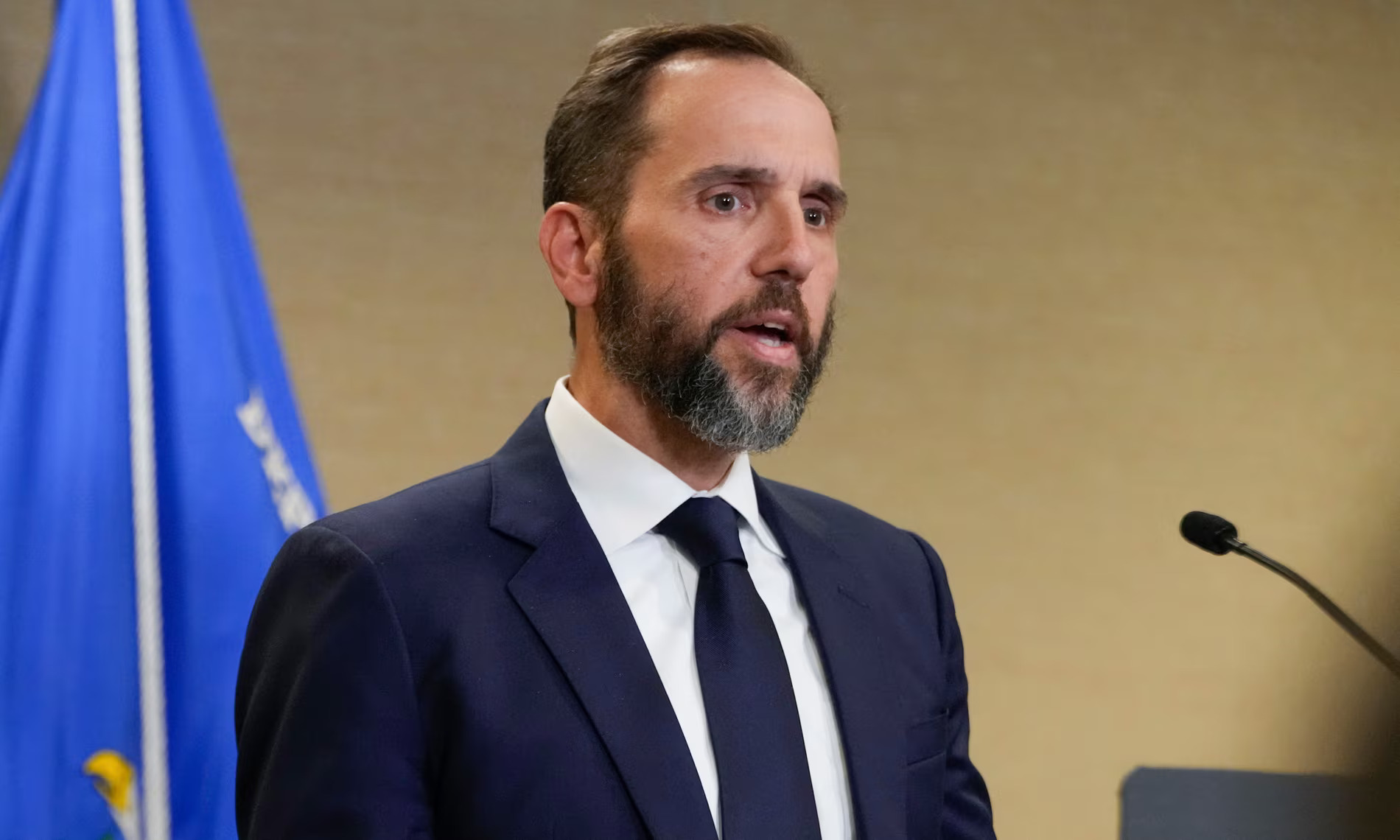In a recent court filing, special counsel Jack Smith challenged the legal framework employed by Judge Aileen Cannon in Donald Trump’s criminal case concerning the retention of classified information. Smith criticized the judge’s reliance on what he termed a “fundamentally flawed legal premise” in considering whether Trump can claim immunity under federal records law, specifically the Presidential Records Act (PRA).
Smith indicated that should Judge Cannon rule in favor of Trump’s ability to cite the PRA in his defense, he would pursue an appeal to a higher court. This appeal would seek not only a correction of the legal interpretation but also, implicitly, Judge Cannon’s removal from the case. Such actions raise the prospect of further delays in the trial, possibly extending beyond the November election, during which Trump is expected to be the Republican nominee for president.
The charges against Trump stem from allegations of mishandling classified information after leaving office and obstructing attempts to recover such records. Despite facing 40 charges, Trump has maintained his innocence.

Trump (Credits: Pittsburgh Post-Gazette)
Judge Cannon, who was appointed by Trump and has proceeded cautiously in the case, recently prompted discussion among lawyers regarding potential scenarios where jurors might be instructed that Trump could invoke the PRA as a defense.
However, Smith’s filing argued against such instructions, contending that the distinction between “personal” and “presidential” records under the PRA does not determine the authorization for a former president to possess highly classified documents. Smith asserted that such a premise would distort the trial, emphasizing that the PRA should not influence the jury instructions or play any role in the trial proceedings.
In response, Trump’s legal team reiterated their stance, asserting that Trump’s possession of the documents in question was authorized under the PRA and, therefore, not in violation of Section 793 of the Espionage Act.
Beyond the Florida-based trial on classified information, Trump faces a myriad of legal challenges, including civil tax fraud and defamation cases, as well as numerous criminal charges in New York, Georgia, and federal courts. Trump’s legal team has consistently employed delaying tactics, aiming to postpone trials until after the election or avoid them altogether.
Notably, if Trump were to be re-elected president, he could potentially dismiss the federal charges against him or issue a self-pardon. However, state charges would remain unaffected by such actions.
Smith’s filing also outlined the possibility of seeking a writ of mandamus in the event that Judge Cannon permits Trump to use the PRA as a defense. Mandamus, as defined by the Legal Information Institute at Cornell University, is an order from a court to a government official, compelling them to fulfill their official duties or correct an abuse of discretion. This extraordinary remedy would only be pursued in exceptional circumstances of peculiar emergency or public importance.
Legal experts, including former White House counsel John W. Dean and former White House ethics chief Norm Eisen, suggested that Smith’s willingness to seek such relief implied a readiness to challenge Judge Cannon’s rulings, including the potential for her removal from the case if necessary. While the prospect of removing a judge from a case is rare, Smith’s actions indicate a determination to ensure legal integrity in the proceedings.























